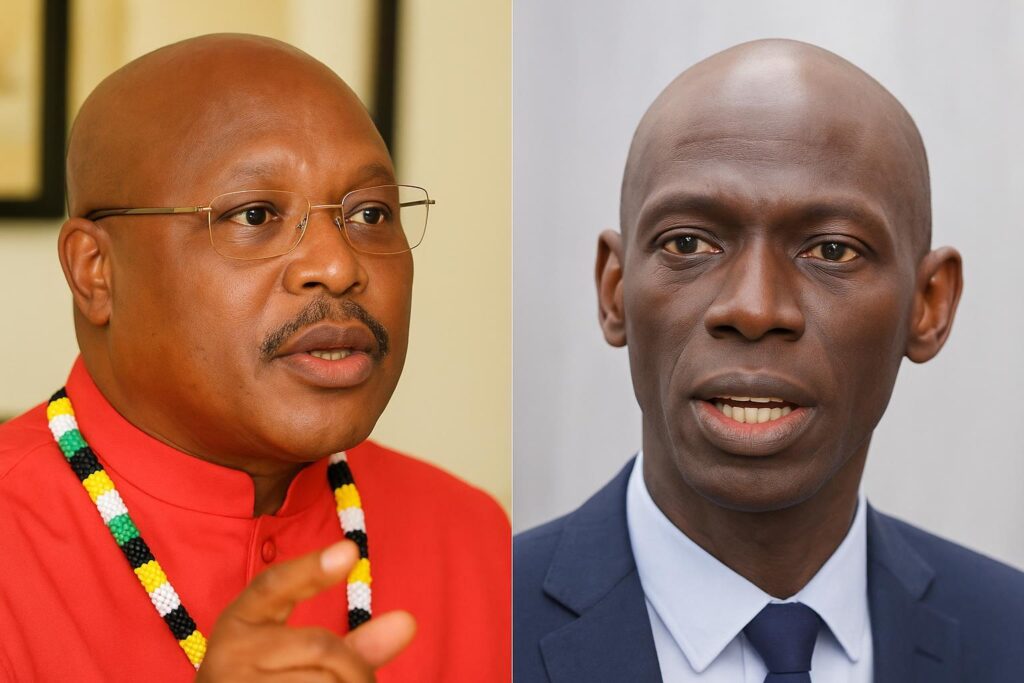Torit Mutiny Anniversary Rekindles Old Wounds
At Sts. Peter and Paul Cathedral in Torit, crowds marked the 70th anniversary of the 1955 Torit Mutiny, the spark of Sudan’s first civil war, with a 70-day prayer that has morphed into a mirror for present-day frustrations.
Religious leaders asked speakers to reflect on stability and national unity, but the microphone quickly amplified a pointed exchange between civil society figure Edmond Yakani and Eastern Equatoria Governor Louis Lobong.
Activist Labels Political Class a Curse
With terse diction, Yakani labeled the political elite “a curse”, accusing party rivals of fuelling conflicts whenever power appears unattainable and of turning uniforms meant for protection into tools for repression, displacement and resource diversion (Eye Radio interview, 18 August).
He argued that ordinary citizens neither fired the historical bullet in Torit nor endorsed present looting, insisting the burden of accountability “belongs at the political table”.
Governor Highlights Youth Agency in Conflict
Governor Lobong, a veteran of liberation bush wars, countered that young combatants, not legislators, presently squeeze triggers; if youths recognise an instruction as unjust, he wondered aloud, why march to the trenches.
“Peace is not drafted only in Cabinet,” he told the crowd, urging communities to stop praising gunmen and start policing inflammatory rhetoric spreading across social media.
Foreign Influence Debate Resurfaces
Lobong further claimed that some advocacy groups channel “foreign hands” and funding streams that amplify South Sudan’s imperfections while downplaying homegrown reconciliation, a remark that echoes sentiments previously voiced in Juba’s national legislature.
Analysts from the Sudd Institute note that donor-supported watchdogs often walk a fine line between necessary oversight and perceptions of external agendas, an ambiguity that complicates trust between state and citizens.
Youth at a Socio-Economic Crossroads
Unemployment remains above 50 percent among youths according to the National Bureau of Statistics, rendering many susceptible to mobilisation by either political patrons or armed commanders promising quick pay.
Civil society mentors in Torit told this magazine that peer-to-peer dialogue clubs, now active in six counties, helped some ex-combatants return to classrooms, yet funding and security guarantees remain patchy.
Shared Responsibility for Fragile Peace
As the prayer campaign winds toward its 70th day, clergy plan a joint declaration urging leaders, youths and activists to adopt what Archbishop Stephen Ameyu calls “competitive patriotism” rather than zero-sum power contests.
Whether that appeal tempers the rhetoric heard in Torit will become apparent as South Sudan edges toward elections planned for late 2024, a milestone many observers still regard as the ultimate litmus test of collective maturity.


